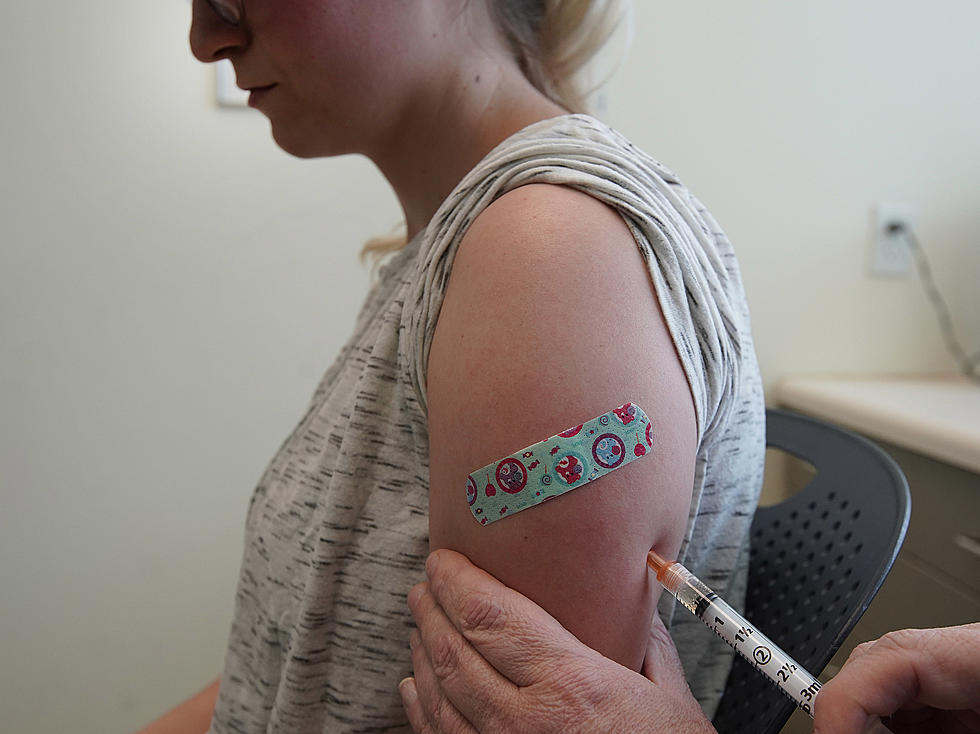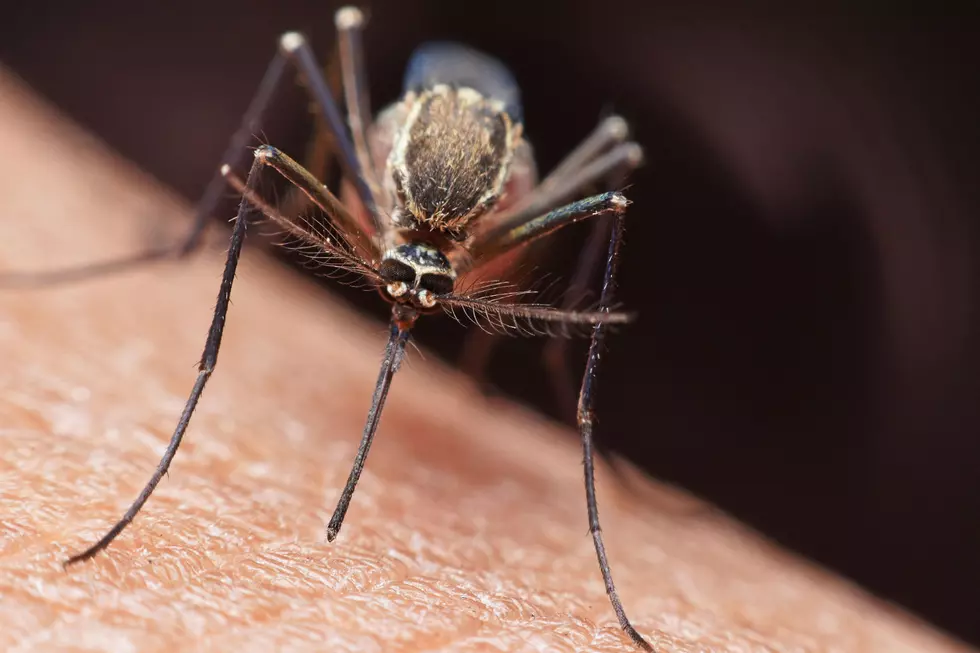
Wyoming Department of Health: Don’t Overlook Need for Flu Shot
Though the COVID-19 pandemic has certainly taken center stage in terms of vaccine warnings, influenza (otherwise known as the flu) is still something to be taken seriously. As is the need for the flu shot.

The Wyoming Department of Health said that the need for flu shots remains extremely important to help protect Wyoming residents from influenza, despite a relatively quiet flu season last year.
“As the next flu season begins, we know flu shots remain the first and most important step in influenza protection,” said Dr. Alexia Harrist, state health officer and state epidemiologist with WDH. “Flu vaccines are safe and reduce illness, hospitalizations and deaths. Everyone six months of age and older should receive a flu shot.”
In a press release sent out Tuesday, the department of health stated that they have received "sporadic reports of flu from across Wyoming in recent weeks."
Influenza is a respiratory illness, with symptoms ranging from a simple cough, to a fever, a sore throat, a runny or stuffy nose, headache, extreme fatigue, muscle or body aches, and more. The flu can come on suddenly, and it is contagious.
The department noted that while most healthy people can recover from the flu, they can also spread it to people who are not as healthy and who are more at-risk for complications from the flu.
The flu, in many ways, is similar to COVID-19 and the two virus circulating at the same time could see a spike in flu or COVID-related deaths, which emphasizes the importance of getting both the flu and the COVID-19 vaccine.
Especially vulnerable people (IE: those who sometimes can't just 'get over' the flu) include young children, pregnant women, individuals with chronic health conditions such as asthma, diabetes, or heart and lung disease, and more. This sector also includes people 65 years and older, as well as healthcare workers and people who live with, care for, or are in contact with high-risk individuals.
“As we begin a new flu season, we expect influenza will circulate while COVID-19 remains a threat,” Harrist said. “Unfortunately, the pandemic continues to put a strain on our healthcare system. While we are unable to predict how much flu we’ll see in Wyoming this season, we are concerned about the combined impact of both influenza and COVID-19 on our hospitals and on our state’s residents. Both flu and COVID-19 can result in serious illness and that’s one reason testing is helpful. Testing can help guide treatment and care."
Harrist said that it's safe to kill two birds with one stone (or two viruses with one trip to the pharmacy) by getting the COVID vaccine, including then recently authorized booster doses, and the Flu vaccine at the same time. In fact, the department noted, many testing options (like the ones run through the Wyoming Public Health Lab) can detect influenza and COVID-19 in the same sample.
It takes approximately two weeks after receiving the vaccine for it to begin offering protection.
Last year, there were significantly fewer cases of influenza in Wyoming and beyond. The reasons for this can be argued, but the general consensus seems to be that, because of COVID-19, individuals were being much more cautious in their behaviors and activities.
“Reported flu activity was unusually low over the past flu season. Looking back, it appears the precautions intended to slow the spread of COVID-19 also likely reduced the impact of influenza significantly,” Harrist said. “People were not traveling as much, they weren’t socializing as frequently, they were often wearing masks and they were taking extra care with measures such as handwashing and cleaning.”
As precautions seem to settle down (less mask-wearing, for instance), it's entirely possible for the number of flu cases to skyrocket, which is why getting your flu shot is a quick, easy, and relatively painless way to keep yourself and others healthy.
The Wyoming Department of health noted that vaccines are available in many locations, including public nursing offices, workplaces, doctors' offices, pharmacies, retail stores, and more. Flu shots are generally covered by most insurance plans.
Additionally, the department said, Wyoming's public vaccine programs, which are available at participating providers, can help to protect some adults and children from "vaccine-preventable diseases, such as influenza, at little to no cost for eligible patients."
More From K2 Radio









